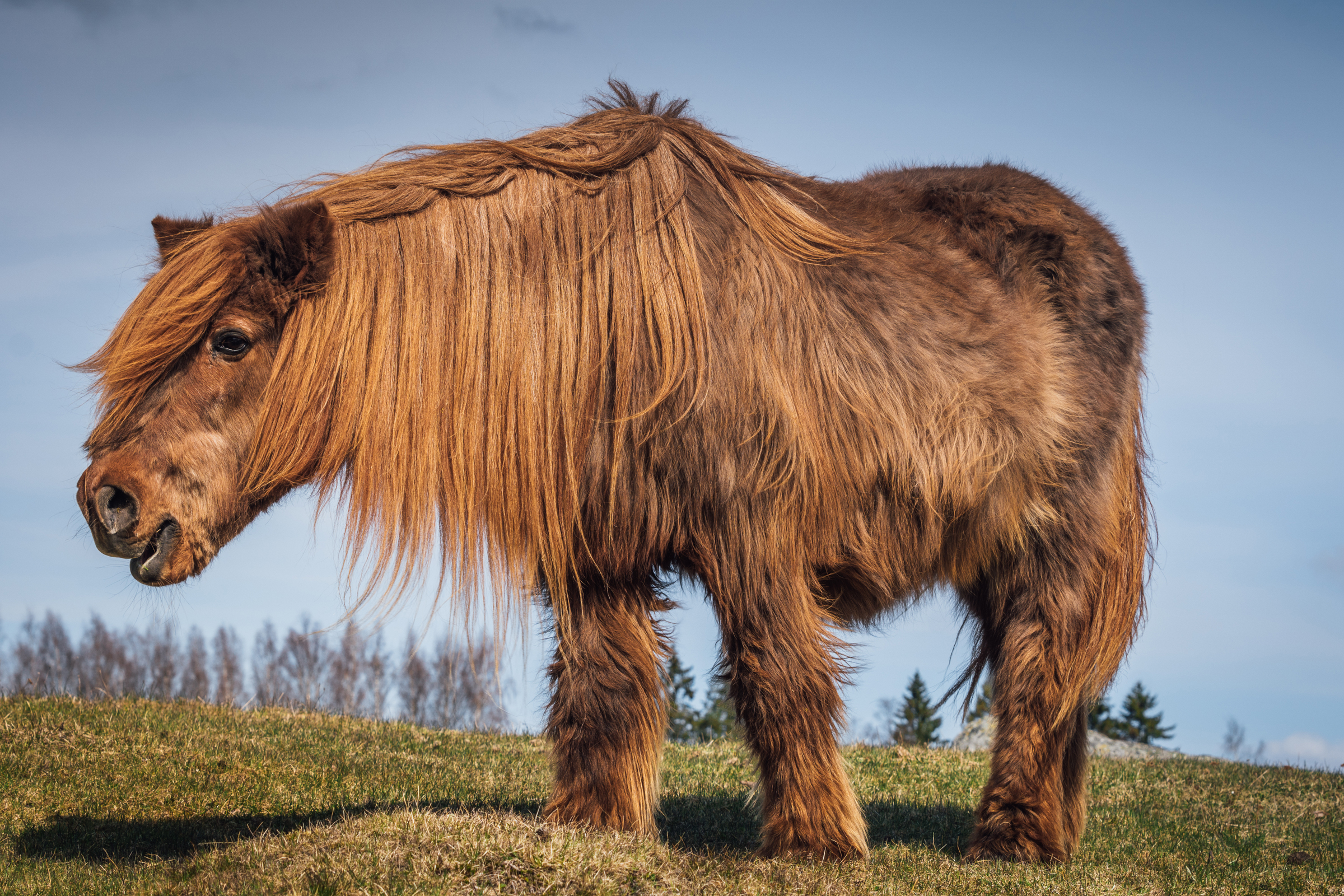
Approximately one-third of the older horse population is affected by pituitary pars intermedia dysregulation (PPID, or Cushing’s disease). You might recognize these horses by their shaggy hair coats that shed irregularly and persist through warm months.
Early Signs of PPID (Cushing’s)
Other signs often develop before the obvious hair coat changes—increased water intake and urination, abnormal sweating, abnormal fat deposition, lethargy, chronic infections (sinusitis, dental disease, heavy internal parasite loads, delayed wound healing), foot abscesses, and/or laminitis.
PPID and Immunity
Hormonal imbalances from PPID coupled with the normal decline from aging add to immunosuppression. Antibody titers (immune protection against disease) don’t persist as long in PPID-affected horses, partly because PPID elevates adrenocorticotropic hormone (ACTH) concentrations, which amplifies cortisol levels from the adrenal glands—cortisol is known for its immunosuppressive effects.
Does PPID Affect the Effectiveness of Vaccinations?
Researchers have compared immune responses to vaccinations between PPID and non-PPID horses. They find that there aren’t differences in antibody responses to the influenza component of a combination vaccine. (Combination vaccines are those in which multiple antigens are given as a single injection. Some products contain most of the specified core vaccines—EEE, WEE, WNV, and tetanus—as well as influenza and rhinopneumonitis.)
However, response to West Nile virus (WNV) and equine herpesvirus (EHV) components of combination vaccines is different between PPID and non-PPID individuals. For these diseases, PPID horses respond better to single injections of each vaccine antigen rather than combining multiple antigens into one injection.
So, for your aged horse with PPID, ask your veterinarian to give multiple vaccines against each disease rather than combining all the vaccine antigens into a single injection.
Treating PPID
PPID is readily treatable with pergolide. Your vet can monitor adrenocorticotropic hormone (ACTH) levels once or twice a year to fine-tune adjustments to your horse’s pergolide dose.


